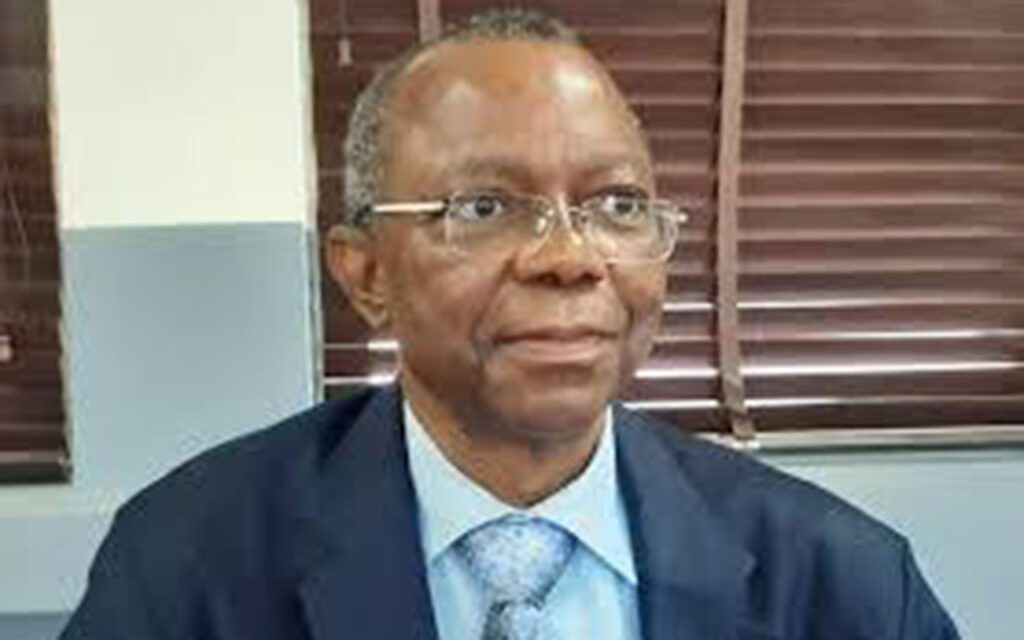The Lagos Chamber of Commerce and Industry (LCCI) says Nigeria in its new year must further diversify its revenue sources and strengthen its democratic roots, especially considering emerging economic and political challenges.
The President, LCCI, Mr Gabriel Idahosa, said this in an address to journalists on Tuesday in Lagos to commemorate Nigeria’s 64th Independence Day anniversary.
Idahosa said that the country must diversify its revenue by developing other sectors like solid minerals, gas and agriculture to reduce its dependence on oil revenues.
He noted that since gaining independence in 1960, the country’s economy had undergone significant transformations; transitioning from an economy largely dependent on agriculture to one driven by the discovery of oil.
He said while the revenue of oil had shaped the size of Nigeria’s federal budgets for so many years and provided resources to build the nation, its continued dependence on oil revenues questioned its claim of being a diversified economy.
Idahosa stressed that Nigeria’s democratic roots must be strengthened in the face of emerging challenges that posed risks to democracy in Nigeria.
According to him, a situation where democratic leadership is now more determined by the courts and tribunals, rather than citizens’ votes is a threat to weaken the power of the ballot.
“The Chamber wishes to highlight that core democratic values and ideals need to be given more state attention to have firmer roots.
“This is especially in the following respects of transparency in the management of public finance, rule of law, separation of powers and the inherent checks and balances.
“Other aspects include quality and independence of democratic institutions, citizen engagement in the democratic process and the practice of true federalism,” he said.
The LCCI president observed that the country’s economic growth trend, measured by the Gross Domestic Product (GDP) performance, had been generally positive over the last decade.
He, however, noted that there was an urgent need to address the weak purchasing power of consumers, who had been impoverished by high inflation rates.
He said that the exit of some multinationals and the resultant job losses may begin to shrink the country’s production levels, which may drag economic growth in the coming months.
Idahosa urged the government to continue with the non-oil campaigns and interventions to sustain targeted financing for boosting non-oil exports for enhanced and diversified foreign exchange earnings.
He added that the Federal Government must sustain its targeted interventions in selected critical sectors like agriculture, manufacturing and export infrastructure.
Idahosa called on the government to tackle insecurity and free more money from subsidy payments.
“We urge the government to tackle oil theft to earn more foreign exchange, borrow from cheaper sources to reduce the burden of debt servicing and take a decisive step towards removing fuel subsidies.
“Beyond achieving economic growth, the government must redesign the models of running our healthcare service delivery and education to improve our Human Development Index (HDI).
“We recommend a model that allocates more funding for the education and healthcare sectors.
“At the same time, the private sector operators need a well-regulated business environment that allows only the best quality providers to operate in these sectors,” Idahosa said.

